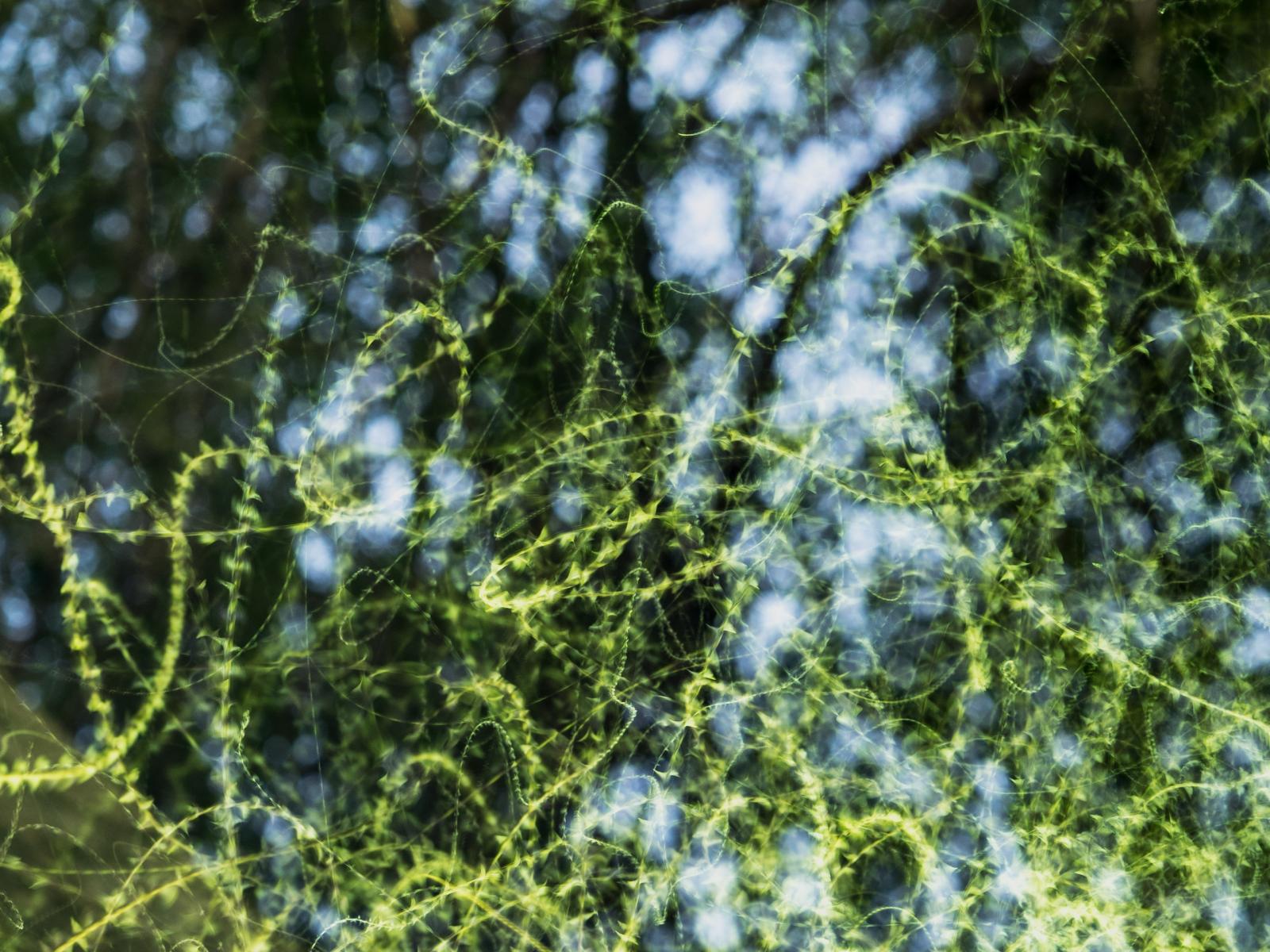
Welcome to Traces, a blog recording, contending with, and reflecting upon the Worlding Public Cultures (WPC) project. Organized by an editorial team of early career scholars working collaboratively and transnationally, the Traces blog seeks to complement and support the central objectives of WPC.
Taking from the acronym of the larger overarching network TrACE (Transnational and Transcultural Art and Culture Exchange) that conceived of WPC, our intention is to leave traces that foster a greater understanding of public discourses about nation, identity, and migration. As a word, the name of the blog, Traces, also holds multiple meanings. To trace is to impress upon, to carefully mark out, to discover, to record, to study in detail, and to follow a path. Traces can be faint echoes made bolder and can create new or unseen layers of meaning. The act of tracing can also produce opportunities for reflection, divergence, and experimentation.
The blog exists as a collective and collaborative space to articulate how the arts might move towards more ethical practices to engage with complex and global issues in society. In this context, we are especially interested in thinking and writing about how universities and museums can assume more responsibility as social agents and welcoming meeting places to explore global narratives. With these narratives we seek to contribute to decolonizing difficult histories, narrate shared pasts, and demonstrate alternative temporalities and ways of knowing.
The Traces blog aims to build, and reflect upon the dynamisms of alternative and critical conceptions of “the global” in art history and anthropology. This calls for a re-shaping and decentering of enshrined knowledge and power structures of our world. In this sense, Traces also serves as a space through which we might “re-world” or “un-world” public cultures and collaboratively imagine the arts as essential in this process. Concomitantly, as a digital platform, the blog allows us to engage in globally interconnected dialogues about our being-in-the-world [1] .
The contributions featured on Traces are written by members of the WPC network from a myriad of regional positions. Contributions will be published as Gatherings, Reviews, and/or Reflections. Posts on Gatherings, will offer academic and retrospective reflections and “behind-the-scenes” glimpses of the five transnational gatherings organized by WPC: the assemblies and academies in Ottawa (2019), Amsterdam (2021), London (2021), Dresden (2022) and the colloque in Montréal (2023). We invite Reviews of books, artworks, exhibitions and other forms of arts productions including sound, performance, and music. Lastly, Reflections will feature more academic writing on keywords, key concepts, and key thinkers for WPC alongside individual research and creative offerings. The blog also offers space for experimental and reflexive writing where WPC members and affiliates share their evolving thoughts on WPC and various aspects of public cultures.
Ultimately, Traces functions as an open-minded space of shared knowledge to support changing public perspectives on “the global” by emphasizing a plurivocality of points of view through innovative contributions based on experimentation, flexibility, and reflexivity. As the collective editorial team for this blog, we work transnationally with members situated in Canada, Germany, and the United Kingdom and are committed to carrying these goals for Traces.
We welcome feedback and to engage in discussion and can be contacted either via email or twitter.
Rahila Haque, University of the Arts London
Emily Putnam, Carleton University, Ottawa
Moritz Schwörer, Heidelberg University
with the contributions of Felicia F. Leu, Université du Québec à Montréal
Editor’s Note: We would like to acknowledge the discerning feedback and guidance offered by members of the Worlding Public Cultures project: Paul Goodwin, Alice Ming Wai Jim, Monica Juneja, Franziska Koch, and Ming Tiampo.
[1] Martin Heidegger, Being and Time, translated by J. Macquarrie and E. Robinson. (Oxford: Basil Blackwell, 1962), pp.84. We are mindful of the eurocentric connotations of Heidegger’s conception of being-in-the-world and as an editorial team acknowledge the inherent issue in utilizing such a term in an introduction which outlines our intentions to frame the Traces blog as a space where critical conceptions of the global can take place. We hope to include a post in the future that discusses these challenges further.
Image: “Traces aériennes d'Insectes” by Luc Durocher is licensed under CC BY-NC-SA 2.0.
